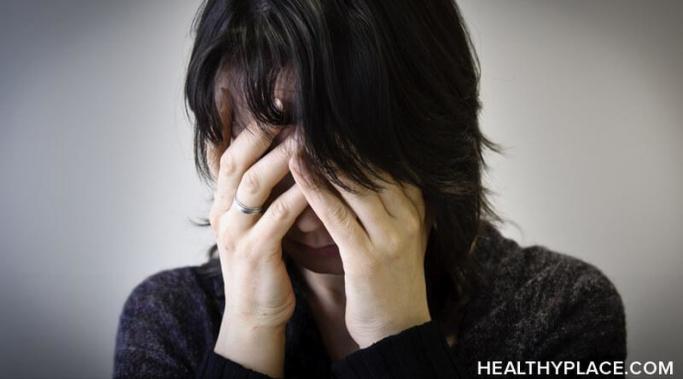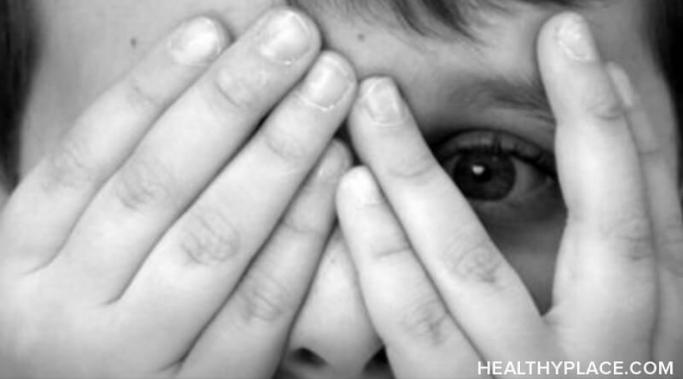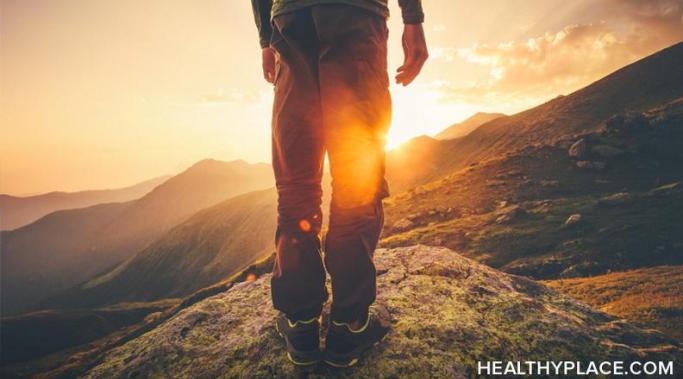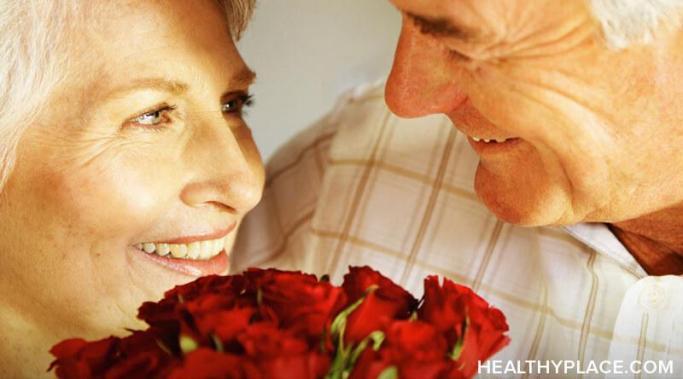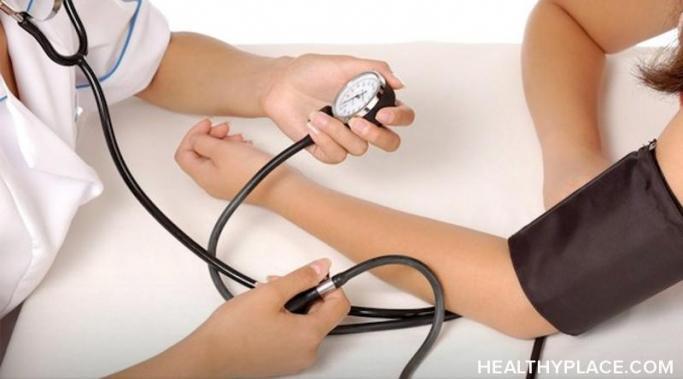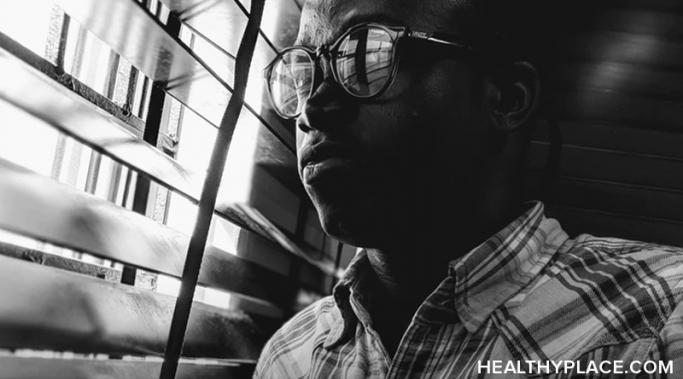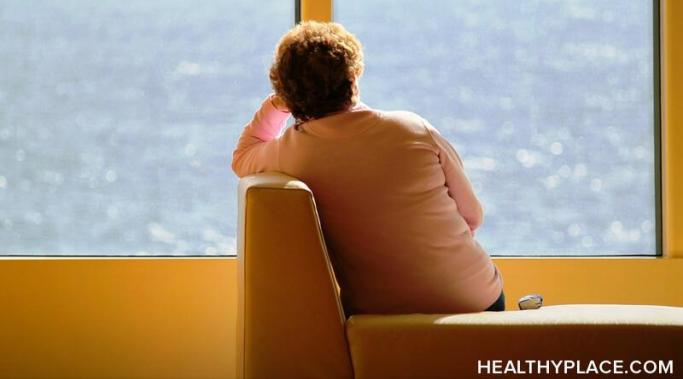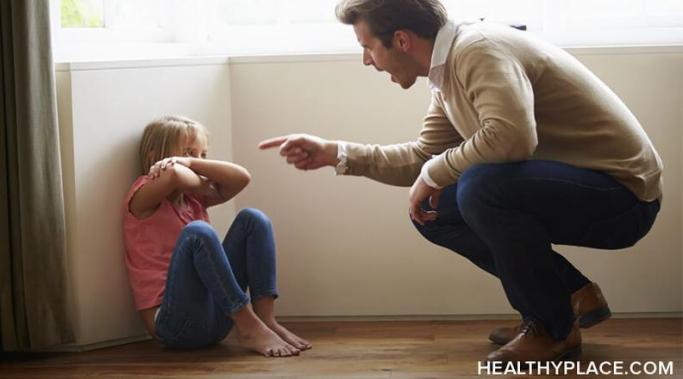Gun control is a hot topic. When online, I generally avoid political discussions. Because so many of them are so prone to devolve into toxic shouting matches, I find it healthier to stay away. Today, however, I’m diving in headfirst. The country is still reeling in the aftermath of the shootings in El Paso and Dayton, and quite frankly, I’m pissed off. Once again, a certain segment of the population is refusing to budge on any meaningful discussion concerning gun control, and I’m just sick of it. If we don’t have meaningful action on gun control, this country is going to drown in anxiety.
Effects of Anxiety
Learned helplessness is a psychological concept I’ve been familiar with for a while, but had never, until recently, thought to apply it to anxiety. It is most commonly framed in terms of depression, but as I’ve given it more thought, the concept can very easily be carried over to anxiety and may provide insight as to why it can be so difficult to pick yourself up when things get really bad.
What are the effects of anxiety? Many people are familiar with anxiety; indeed, "anxiety" has become a common household word, and for good reason. The World Health Organization (WHO) reported in 2015 that almost 265 million people worldwide lived with an anxiety disorder. This figure doesn't include all the people who experience anxiety but not as a diagnosable disorder. Yet despite its prevalence, anxiety can be hard to describe and can leave people wondering if what they're feeling is anxiety or something else. Anxiety is a mental health condition with many effects. Here's a look at what anxiety is based on its effects.
We need mental health care now. I’m done mincing words and I’m done being polite about this. People are literally dying every day because they aren’t being given the help they need. Every day we wait, every day we don’t act, is another day someone will take his or her own life. And that person's blood will be on our hands for doing nothing.
As hard as it may be to believe, you can create fresh starts despite anxiety. Anxiety is hard to live with in part because it's so unforgiving. We berate ourselves for perceived mistakes and worry that we've completely ruined "everything." Self-blame, guilt, and even self-loathing dominate. Anxious thoughts try to convince us that there's no going back and nothing can be fixed or changed. In reality, there are fresh starts even when we have anxiety. It's never too late to begin anew.
Anxiety can hurt. It can be emotionally painful, and it can be physically agonizing, too--so much so that physical symptoms of anxiety frequently send people to their doctor's office or hospital emergency department (ED). Almost 1.25 million people visited an ED for physical symptoms of anxiety annually between 2009 and 20111. It's important to seek medical help to rule out serious and potentially life-threatening conditions; however, it's frustrating to be discharged with a shrug and casual statement that "it's just anxiety." Read on to learn more about anxiety's physical symptoms and how to feel better when anxiety hurts.
Have you ever second-guessed yourself, questioning your words or actions? Many people place second-guessing at or near the top of their list of agonizing effects of anxiety. At best, it can knock down your sense of inner peace and happiness a notch or two. At worst, anxiously second-guessing our choices can cause us to berate ourselves relentlessly, unnecessarily assume blame, question whether we're good enough, and begin to pull away from a connected, active lifestyle. We don't have to let anxiety have this life-limiting and frustrating effect on us. Stop second-guessing and become self-assured in what you say and do.
The myth of holiday suicide is one of the most stubborn myths related to mental illness. Because it’s now officially the holiday season, I want to take this opportunity to do my part to bust the most stubborn myth. Most of you have probably heard there is a significant increase in suicides during the holiday season; however, as the title of this post suggests, this is a myth. Suicide rates are actually lower than average during the holidays, with their peaks occurring in the spring and fall. While most people probably don’t think much of the myth, dismissing it as another old wives tale tenaciously hanging on to relevance, I’m much more disturbed by it, and feel the holiday suicide myth needs to be addressed with some degree of urgency.
Holidays can be hard when you are living with anxiety and loneliness. Holidays can be stressful for anyone, but when you experience any type of anxiety, they're more difficult. Then, when you layer a sense of loneliness and isolation on top of anxiety, holidays can be quite upsetting. Anxiety can make you feel lonelier on a special day, and loneliness can exacerbate anxiety. Understanding what's going on with these misery-causing experiences can help you change your holidays for the better.
Anxiety in relationships can cause problems because it’s very easy to take out your anxiety on others. Consider this hypothetical: you’re anxious about something – the cause isn’t important, and perhaps there is no cause. Regardless, it’s to the point where it’s actively affecting your day. Someone asks you a harmless question – for whatever reason, it sets you off and you snap at them. Clearly, anxiety in relationships is detrimental to you and those you care about, and if it happens, steps should be taken to prevent it.
